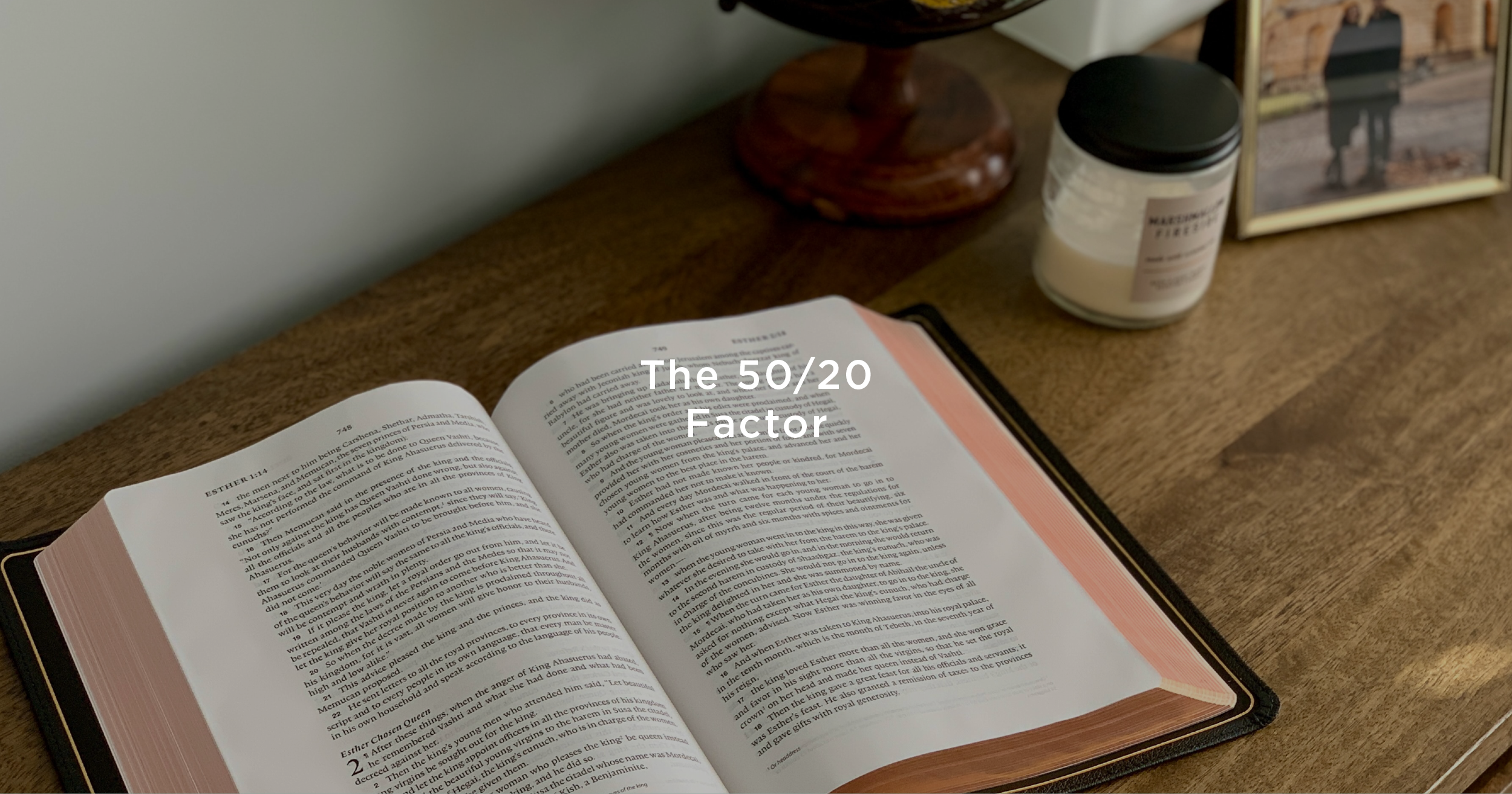
We’ve all known people who seemed to face extraordinary adversity. For many, one catastrophic event marks their life for many years. Others experience difficult circumstances in waves. Nothing seems to work out for them. They nearly always end up disappointed, and those around them are perplexed as to why it’s happening.
Everyone faces occasional adversity and challenging circumstances. We are relieved to weather them quickly and look for life to get back to normal. But what if those tough times are not brief or limited? What are we supposed to believe about life when we face constant adversity?
How do we handle the tough, unspoken questions, like Where is God when things rarely seem to work out? How do I know He’s a good God?
This is a reminder to believe in the existence and working of the sovereign God, who will in the end clarify how all things will work together.
Sometimes life really is hard, and the stages and chapters seem never-ending. Sometimes adversity gets worse, not better. Sometimes pain increases.
The story of Joseph is perhaps the greatest story of encouragement in the entire Bible for those of us who struggle. Joseph’s life is detailed in the first book of the Bible, and nearly 14 chapters are devoted to his incredibly difficult life and experiences.
At the end of this long story, Joseph makes an incredible statement about God’s sovereign power and reveals a secret that we can build our life upon:
“You meant evil against me, but God meant it for good.”
(Genesis 50:20)
I call this the 50/20 factor. It becomes apparent in the endgame for Joseph’s life. The 50/20 factor is a simple reminder that regardless of what our life looks like as we move forward, we will one day look back and see how God has used it in a meaningful way. It’s not 20/20 vision; it’s 50/20.
There’s an important reason to look at Joseph’s familiar story by beginning... at the end. What God was going to do for Joseph in the end, He’s promised to do for others. In fact, it’s extremely important for you to see your story from the same endpoint.
Think about it: beginning at the end helps us put people and circumstances in perspective. Not everyone who opposes us is ultimately our enemy. Not every setback in life is tragic. Not every false accusation is without purpose, in the end. But, in the moment, we have no way of seeing all this pain redemptively apart from knowing the end.
What God was going to do for Joseph in the end, He’s promised to do for others. In fact, it’s extremely important for you to see your story from the same endpoint.
This approach also helps us remember that God is always working, even when we can’t see the evidence for that. It helps me know there is purpose in life’s adversity and trials, and while I can’t trust the person/circumstance causing me problems, there is One I can trust. This is a reminder to believe in the existence and working of the sovereign God, who will in the end clarify how all things will work together. Simply put, this approach helps us walk by faith.
If God could work the complicated elements of Joseph’s story for good, He can do the same for you. If God could be trusted to get Joseph through the bitterness of rejection, the injustice of false accusation, and the loneliness of being forgotten, can He not also be trusted by you?
This article was adapted from God’s Not Done With You by John Meador. In the book, John gives encouragement from nine amazing stories of faith from the Bible that give us hope for our own challenging setbacks